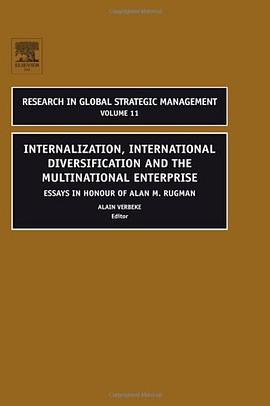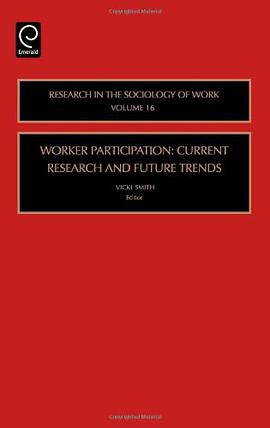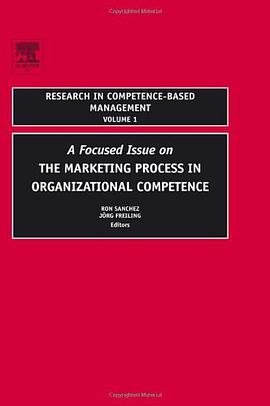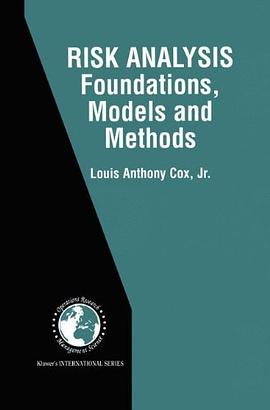

具體描述
This important volume looks at conflicts of interest, codes of ethics, and the regulation of corruption in the United States, Canada, the United Kingdom, Australia, and the European Community. It finds that there is less corruption than ever before, but the gap between public expectations and perceptions has nevertheless widened. Moreover, it questions the dominant academic approach to applied ethics, with its emphasis on training, standards and procedures, and, ultimately, regulation. In contrast, the authors featured in this volume argue that governance is a social process.Ethical governing means attending to the relational aftermath of complex decisions - the ways in which decisions and their execution affect and sustain social relationships. Moreover, applied ethical reasoning in this context must not only confront certain stock issues, but must also lead to widespread participation in decision making processes. Viewed in this way, ethical governing means a respectful discourse involving widespread participation of legitimate viewpoints. Consequently, the authors suggest that the nearly universal dissatisfaction with the state of public ethics is a manifestation of something deeper and more profound. As one author explains, public perceptions won't look up so long as politics remains a spectator sport, dominated by 'sleaze ball tactics and shrinking sound bites'.
著者簡介
圖書目錄
讀後感
評分
評分
評分
評分
用戶評價
相關圖書
本站所有內容均為互聯網搜索引擎提供的公開搜索信息,本站不存儲任何數據與內容,任何內容與數據均與本站無關,如有需要請聯繫相關搜索引擎包括但不限於百度,google,bing,sogou 等
© 2025 book.quotespace.org All Rights Reserved. 小美書屋 版权所有




















